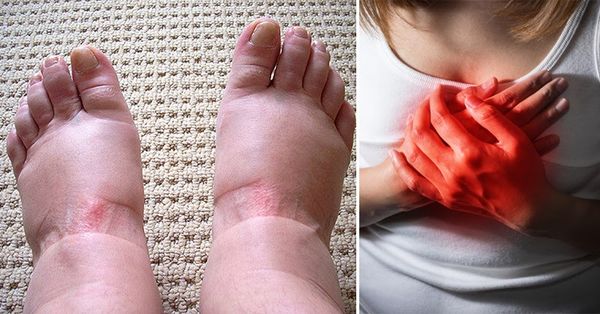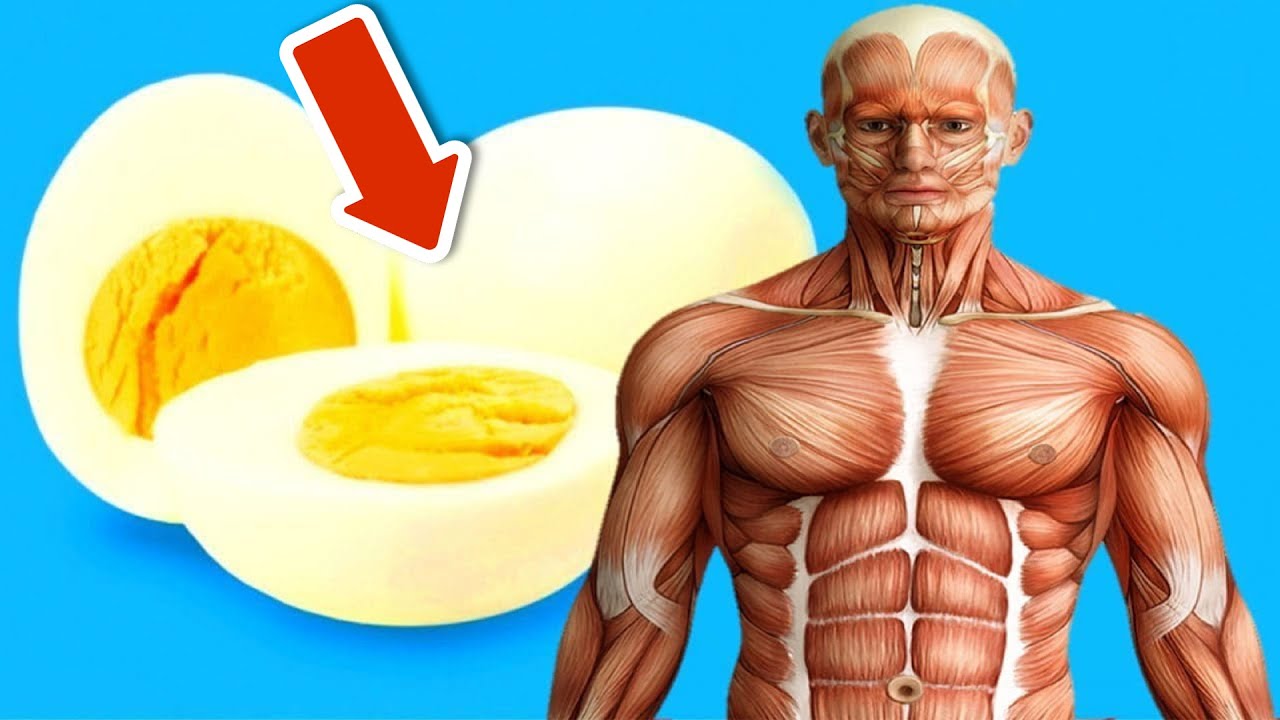
Swollen feet are often associated with pregnancy, injury, or long hours of standing. However, there are other causes that we should be aware of. While most cases of swelling are not serious and can be resolved with rest or soaking in ice water, sudden swelling may indicate an underlying issue that requires medical attention.
Causes of Swollen Feet
1. Deep Vein Thrombosis (DVT)
Deep vein thrombosis occurs when a blood clot forms in the deep veins, usually in the legs. Symptoms may include swelling, heaviness, and visible veins. DVT can be dangerous as it can lead to a blockage of blood flow to the lungs called pulmonary embolism.
2. Achilles Tendonitis
The Achilles tendon is used frequently and can cause pain, difficulty moving, and swelling in the ankles and heels. This condition may worsen after exercise or physical activities.
3. Osteoarthritis
Osteoarthritis is the most common type of arthritis. When it affects the feet, it can cause pain, stiffness, and swelling. Engaging in activities like yoga can help alleviate the pain.
4. Heart Failure
Swollen feet can be a subtle sign of heart failure. When the heart is not functioning properly, fluid can build up, causing edema and swelling in the legs, feet, or ankles.
5. Lymphedema
Lymphedema occurs when excess lymphatic fluid builds up in the arm or leg, resulting in swelling. If the swelling is sudden or severe, it’s important to seek medical attention.
6. Cellulitis
Cellulitis is a skin infection that may occur due to poor blood flow in the lymphatic system. It usually affects the lower legs and can cause redness, swelling, and heat in the affected area.
7. Gout
Gout is a type of arthritis caused by high levels of uric acid in the body. It is characterized by sudden and intense pain, especially in the big toe joint. Swelling, redness, and tenderness may also occur. If you experience severe pain or if it’s your first time experiencing these symptoms, consult a doctor.
8. Foot Bursitis
Bursitis is a condition that affects the small fluid-filled sacs that cushion bones, muscles, and tendons. It commonly occurs in the shoulders, hips, and elbows but can also affect the knees, heels, and big toes. Foot bursitis can cause pain, stiffness, redness, and swelling.
9. Rheumatoid Arthritis
Rheumatoid arthritis often starts in the feet, causing swollen and painful joints. The disease may also lead to swelling of tendons and muscles due to nodules under the skin.
If you suspect that your feet are swollen and it could be a sign of a health issue, it’s essential to consult a medical professional. Remember to share this vital information with your friends and family.
Let us know your thoughts about this article in the comment section below.



